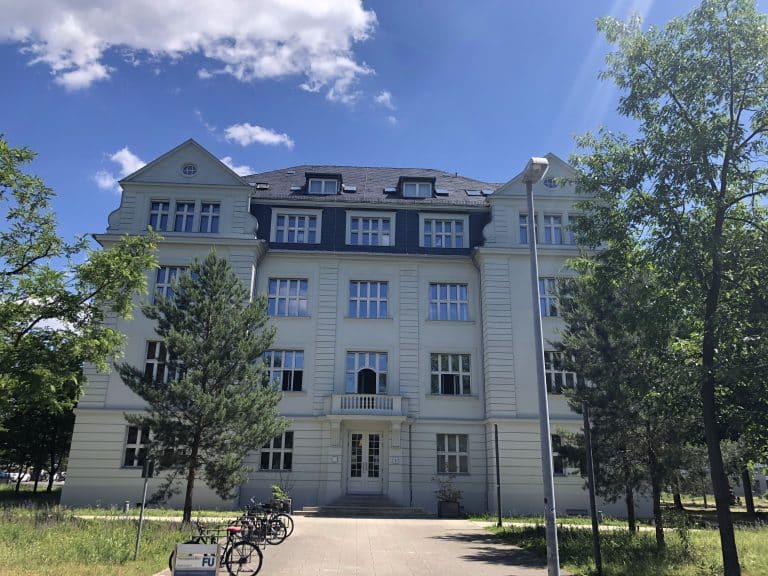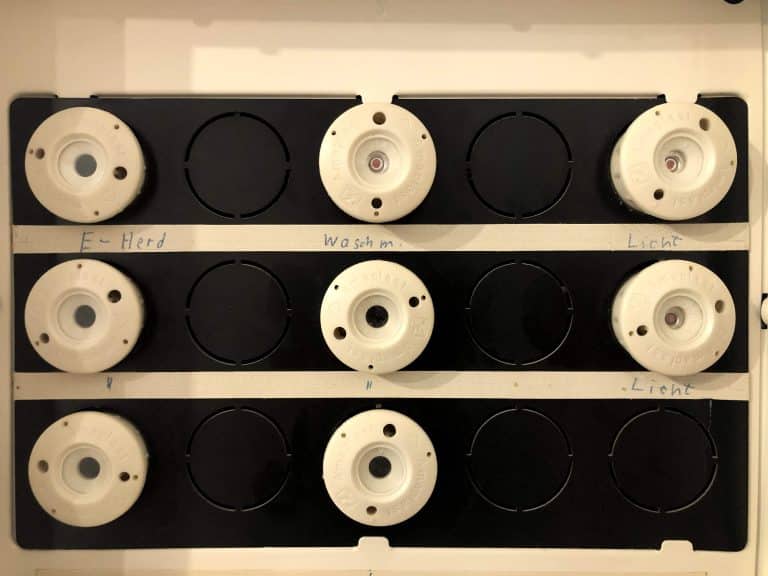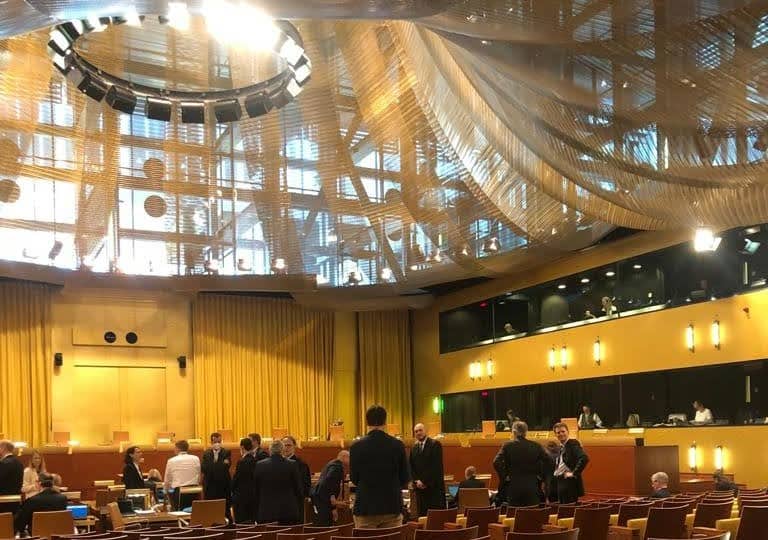The draft Digital Markets Act (DMA) is intended to enable sector-specific market regulation of so-called gatekeepers. Gatekeepers are companies that operate central platform services and thereby exceed the legally defined thresholds. Specific conduct obligations are positively imposed on these companies.
However, the strict standard of Art. 5 and 6 DMA does not apply unconditionally. This is because the companies concerned also have possibilities to avoid regulation irrespective of the thresholds exceeded.
Which paths lead to regulation?
The listing of certain companies is based on material criteria. These are linked to the standard platform structure and positive thresholds.
Perspective: Crucial is the model of what are often referred to as multi-sided markets. Here, different user groups with their different interests are intermediated by a platform.
Formula: If a platform is aimed at a particularly large number of users and the economic power of the operating company is also particularly high, the DMA assumes a need for regulation. This approach avoids the substantive hurdles of the antitrust market power investigation.
Procedure: The designation of a company as gatekeeper is carried out by the EU Commission according to Art. 3 para. 4 DMA. The company has the opportunity to substantiate that it does not fulfil the material gatekeeper criteria of Art. 3 para. 1 DMA. If the submission is substantiated, the EU Commission must carry out a market investigation in accordance with Article 3 para. 6 DMA in conjunction with Article 15 DMA. In this case, the EU Commission bears a higher burden of justification in order to be able to designate the company as a gatekeeper.
Self-assessment obligation: Independently of this, the gatekeepers are subject to an active obligation to investigate and report whether they exceed the thresholds pursuant to Art. 3 para. 3 DMA. Failure to comply with this obligation can be punished with a fine of up to 1% of the worldwide turnover of the previous year according to Art. 26 para. 2 lit. a DMA. The general antitrust criteria for the assessment of fines apply here.
How to get out of regulation?
Status monitoring: The gatekeeper position must be reviewed every two years. This means that the material criteria of the need for regulation must be reviewed on a regular basis ex officio. Notwithstanding this, the company can either proceed according to Art. 3 (4) subpara. 2 DMA and initiate its relief in the context of a market investigation or present facts according to which the material circumstances of its gatekeeper designation no longer apply.
Status reduction: An application for suspension under Article 8 DMA is not aimed at the gatekeeper position, but at the scope of obligations under Articles 5 and 6 DMA. According to this, the EU Commission can suspend individual specific duties of conduct. To do so, the gatekeeper must prove exceptional circumstances according to which the profitability of its business activity is endangered by specific duties of conduct. The suspension request is reviewed every year. According to Art. 8 para. 3 DMA, interim measures by the EU Commission are also possible.
Status “change” to antitrust law: If the suspension request is granted by the EU Commission, this does not release the company from the general antitrust obligations. This gains significance where the suspended duty of conduct was derived from an antitrust harm theory. In this case, the suspension decision itself has no effect on the prohibition effect. However, it could be obvious that the company could also bring forward justifying circumstances with regard to the market power abuse prohibition if it was already successful with the suspension request. It will still be interesting to see whether and to what extent the EU Commission binds itself with a suspension decision.
Status exemption: An application for exemption under Art. 9 DMA is not aimed at company-related interests, but at public interests. This can also refer to an entire platform service. The grounds of public interest are enumerated in paragraph 2: public morality, public health, public safety. Unlike in general antitrust law, interests that go beyond the protective purpose of competition and serve political purposes can also be taken into account. Therefore, it would not have to be examined first whether morality, health or safety is the object of effective competition in the concrete case constellation and thus no restriction of competition comes into consideration.
Obligation to notify concentrations
The effects of these possibilities on the sector-specific notification obligation proposed in Art. 12 DMA are not entirely clear. According to this, all mergers involving another operator of central platform services or provider of other services in the digital sector are to be notified by a gatekeeper.
Despite suspension/exemption? The wording “gatekeeper” indicates that in any case applications for suspension or exemption (of the gatekeeper status) have no influence on the personal position. This is because this status is not affected by the decisions on the applications.
Despite exculpatory factual submissions? Nothing else applies with regard to the possibility of a substantiated submission on the non-existence of the requirements for gatekeeper status. This results from the fact that the obligation under Art. 3 para. 3 DMA for self-assessment applies unconditionally. Only upon a corresponding declaratory decision by the EU Commission will a company be released from regulation.
Scope: This sector-specific obligation to notify goes very far. In addition to the operators of central platform services, which as such are already covered by the DMA, it also covers the providers of other services in the digital sector. According to the definition in Art. 2 No. 4 DMA, the digital sector refers to products and services provided through information society services.


















